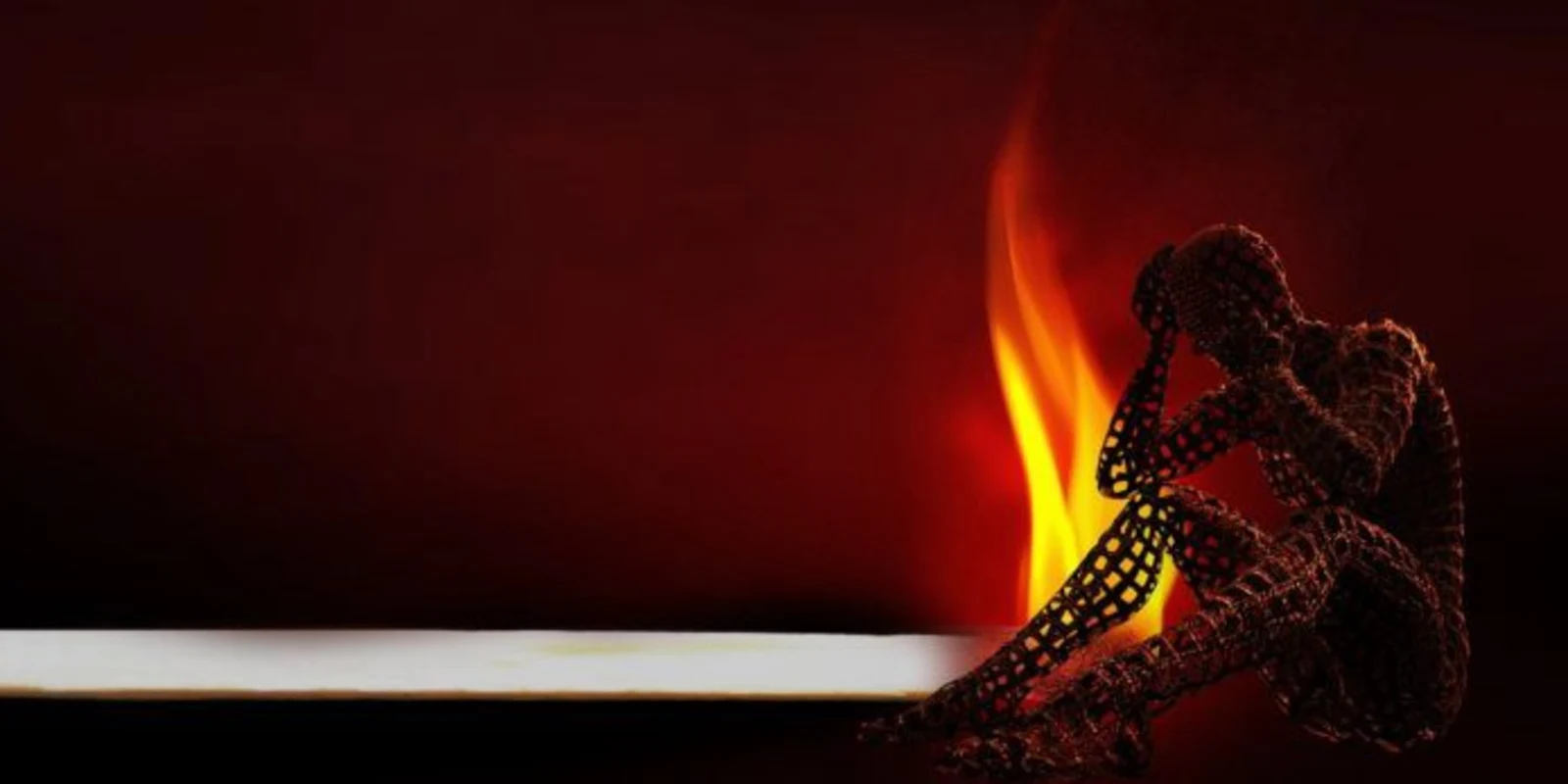
Burnout. Search any physician forum and this subject is one of the most talked about. It is the typical battlecry heard when like-minded physicians get together in their quest to retire early.
It is quite fitting that this community adopted the moniker of FIRE (Financial Independence/Retire Early) in order to avoid burnout.
The lifestyle of a typical physician is quite demanding.
Starting with medical school/residency, we have been indoctrinated that we have to cram ungodly amounts of material into our heads and work ungodly amounts of hours and if we don’t it is a sign of weakness.
Even with legislation enacted in 2003, the allowable limit for a medical resident still is 80 hours/week, double the normal 40 hour work week the general population “enjoys.” Before that legislation, it was the wild west on hours a resident could be forced to work. (Before switching to radiology, I had several rotations where I averaged 120 hrs+/wk.)
Think of your life as a burning candle which will eventually flame out.
Various external forces can accelerate this process such as stress, lack of sleep, poor nutrition (doesn’t this pretty much describe a typical physician’s life?)
We have all heard of the common idiom, “To burn a candle at both ends.” Essentially that candle is consumed twice as fast and this is the main issue we are dealing with as physicians. You have to preserve this candle as long as you can.
Burnout most likely lies on a continuum. Mild annoyance/dissatisfaction at work may hint to more impending problems down the line. If however you feel impending dread starting off the workday and also see changes in your personality when interacting with others, you may be in the very clutches of physician burnout.
Burnout can strike at any age.
During my first two years as a surgery resident I could tell that it had a negative impact on my life.
I no longer had time for pleasantries. Phone conversations with friends and family were terse. It was like I was trying to do a quick history and physical of my contacts in the quickest time allotted.
When family members started commenting on changes in my personality I quickly came to a realization that this was not a sustainable career path for me.
I made the very difficult decision of completing switching specialties, choosing radiology as a more suitable avenue.
All too often we hear of stories in the news of physicians committing suicide (at a rate more than double the general population). There are many factors to why this may be the case.
Physicians as a whole are held to a higher standard by society.
We are expected to always keep our knowledge base current, jumping hoops like continuing medical education (CME), MOC (maintenance of certification) mandated by individual specialty boards, and board recertification.
Couple those requirements with added stresses such as government agencies to maintain an EHR (electronic health record), increasing paperwork, decreasing reimbursements (forcing us to increase volume just to maintain salary), as well as always having the threat of a potential devastating malpractice suit hanging over us, and it is no wonder physicians become disenchanted with the system and feel burnt out.

So how can we protect ourselves from burnout?
Recognition is key.
If you find that your work issues have spilled over and now causing discord with family interactions, it is time to take a step back and assess what the source of burnout is and ways to minimize it.
Personally, I have started tapering my work hours and started employing a 4-day work week.
Yes, there were financial consequences for cutting down my clinical time, but because I had previously made myself debt-free, the overall impact to my life was minimal. Because I found myself in the highest tax bracket, those dollars that I did not bring home were taxed the highest anyway (marginal rate of 39.6% in 2017 for example).
I do realize some specialties in medicine have an easier time cutting back clinical hours, particular those that are primarily shift-based (ER, anesthesia, radiology are a few examples).
With locum tenens staffing pretty much available for all specialties, a viable option can still be found to allow some respite.
If you are in a group practice there may be partners that are willing to take on more clinical time especially if they are early in their career and have the energy to do so (and more pressing financial needs).
In the past I was notorious for not going on vacations and just powering through the year with little time off. In fact whenever I did take time off I would do a mental calculation of how much this was going to impact my bottom line. But as my debt disappeared I noticed that I no longer felt bound to sacrifice time for money. I now view vacations as a way to recharge my batteries and help combat burnout. Instead of calculating my bottom line, I should have calculate the impact it had on my health.






